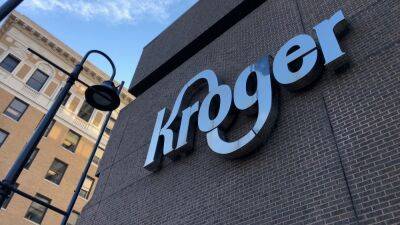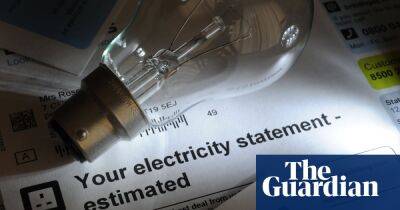Network Rail braces for £1bn energy bill as costs increase by more than 50%
Network Rail is bracing for a £1bn energy bill for the first time in the history of Britain’s railways, as the energy crisis is forecast to increase its costs by more than 50% over the next financial year.
The cost of traction – providing the electricity for running electric trains – is expected to increase to £885m in 2023-24, Network Rail said, up from £595m this year.
Adding in other uses of energy, such as gas for heating and electricity used for the rest of Network Rail’s operations, will bring its total energy costs to £1,016m, up from £670m.
“The surge in energy prices will inevitably have an impact on all businesses and individuals, and the railway is no different,” Network Rail said. “Based on the market today, we would expect the railway’s operating costs, relating to energy, to increase from £670m this year to just over £1bn in 2023-24.”
Network Rail negotiates its energy prices ahead of time, and fixed its costs for 2022 last year, locking in low prices. But the fix will run out while prices are still expected to be high, forcing the company to take the hit.
Some of the costs are passed on to users of the rail. Freight operators pay Network Rail for the wholesale price of the electricity they use, which the company then passes on directly at cost.
In winter 2021, as the wholesale cost of electricity rose by a then unprecedented 200%, the increase prompted some freight operators to reverse their decarbonisation efforts, pulling electric locomotives off the rails and replacing them with diesel-powered units.
Other railway operators will also have to pay increased fees. Transport for London did not reply to requests for comment, but the body is one of the largest consumers of electricity in the UK, with a requirement
Read more on theguardian.com





![Cardano [ADA] stands below XRP by market cap, but daily gains state otherwise - ambcrypto.com](https://finance-news.co/storage/thumbs_400/img/2022/9/11/40376_1pp.jpg)
















